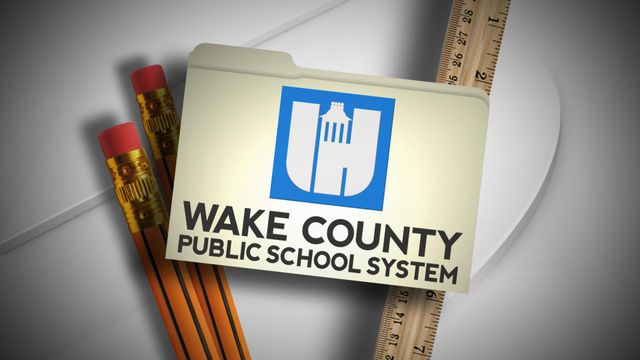Court hears suit against Wake school board
Attorneys argued Friday morning over whether the Wake County school board violated law with the way it handled a key school board meeting in March.
Posted — UpdatedA group of Wake County citizens filed a lawsuit against the board this month concerning the March 23 meeting at which the school board voted to move forward with plans to develop a new, controversial assignment policy that would place students in schools near their homes.
The plaintiffs claim the board violated the state's Open Meetings Law and that they were unlawfully barred from the packed meeting because it was held in a room too small for the crowd that turned out.
They want the court to invalidate the actions at the March 23 meeting, as well as throw out a May 4 vote adopting a new assignment policy. The school board is expected to take a final vote on the new policy at its May 18 meeting.
"The board has taken actions that have the intention and the effect of curtailing public attendance," attorney Swain Wood agued Friday morning before Judge Bill Pittman.
Wood also asked Pittman to throw out a "burdensome" ticket policy and to establish "clear guidelines going forward" about how the school board should conduct its meetings when attendance could be an issue.
The school board's attorney, Kieran Shanahan said, however, that his client went "above and beyond" to ensure its meetings have been conducted properly and to provide the public "ample opportunity" to attend and observe.
"The meeting was, in fact, open, and therefore, the public meetings law has been, in fact, met," Shanahan said.
The Open Meetings law, the board's attorneys argued, doesn't mean everybody has the right to attend any specific meeting, but it's meant to promote openness in the workings of public bodies.
"Not all of the people all of the time can be in the meeting room," school board attorney Ann Majestic said. "Not all of the people who want to speak to the board can speak to the board."
She noted that the board spent more than two hours hearing from 55 speakers, instead of the usual 30 minutes allotted for public comment.
In court documents filed Thursday, Shanahan said the case is about politics because the plaintiffs are against the board's proposed community-based student assignments policy.
The policy would mean ending the school system's longstanding practice of busing students to help create diversity across the district. Opponents are concerned that ending the practice would create pockets of poverty and re-segregate schools.
The plaintiffs argue the board made no effort to make it possible for everyone to attend, even though larger venues were available. They also claim the board made no attempt to provide adequate audio or video coverage of the meeting to the public.
The board's attorneys argued that the board did consider the potential crowd turnout and that it implemented a ticket distribution plan out because of safety concerns.
But the plaintiffs say they along with others were not allowed to sit in on the meeting because they did not have a ticket.
• Credits
Copyright 2024 by Capitol Broadcasting Company. All rights reserved. This material may not be published, broadcast, rewritten or redistributed.






